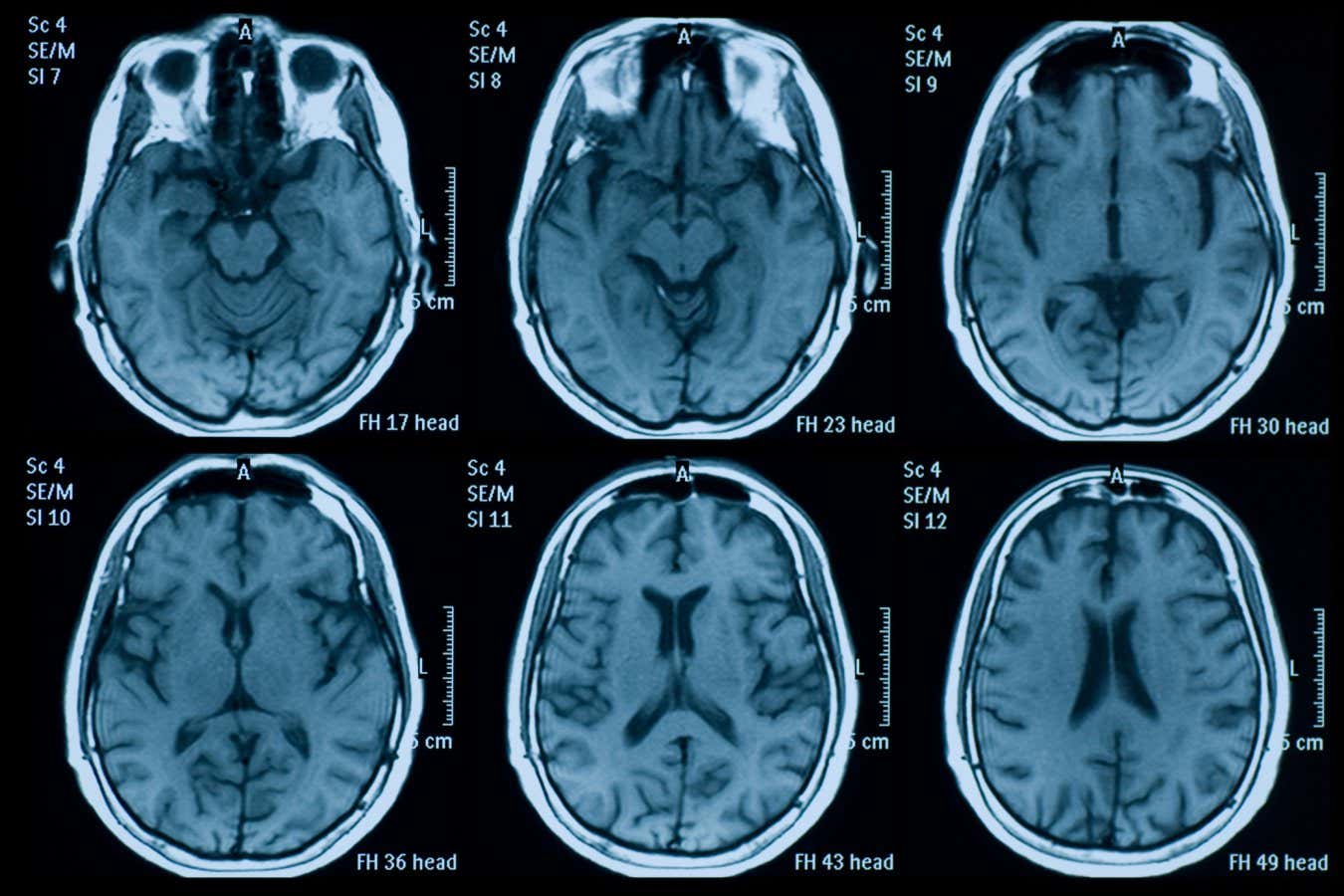The covid-19 pandemic changed our lives, and the world, in many ways – and now we are starting to understand its wider neurological effects
By Luke Taylor
22 July 2025
Structures within the brain change over time
Temet/Getty Images
The covid-19 pandemic may have accelerated the ageing of our brains even before we caught the infection. Research suggests that even relatively early on in the outbreak, brains aged by 5.5 months, possibly due to stress or lifestyle changes.
We know that many people with long covid experience brain fog, but years after the arrival of covid-19, the pandemic’s broader neurological impact is far from fully understood.
Read more
Long covid: What we now know about its causes and possible treatments
Advertisement
To get a grasp on this, Ali-Reza Mohammadi-Nejad at Nottingham University, UK, and his colleagues trained a machine learning model on 15,000 brain scans to identify how its structure changes with age.
They then fed the model pairs of brain scans from 996 volunteers from the UK Biobank study. Of these, 564 had both scans taken before March 2020, when lockdown was introduced in the UK, and acted as the control group. The remaining 432 volunteers had one scan before March 2020 and one later on. Each scan was three years apart, on average, with a minimum gap of two years.
When the researchers compared individuals from the two groups – who were matched for age, sex and overall health – they found that the pandemic may have accelerated the ageing of our brains by 5.5 months, based on structural changes to white and grey matter. This was true even among those without a known covid-19 infection, which was recorded as part of the Biobank project.
